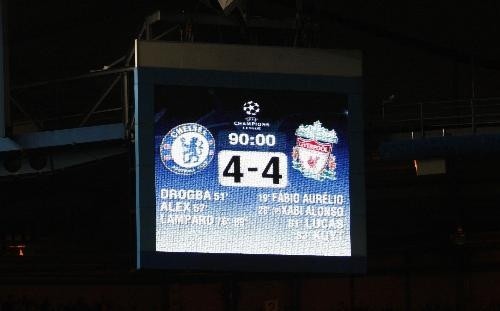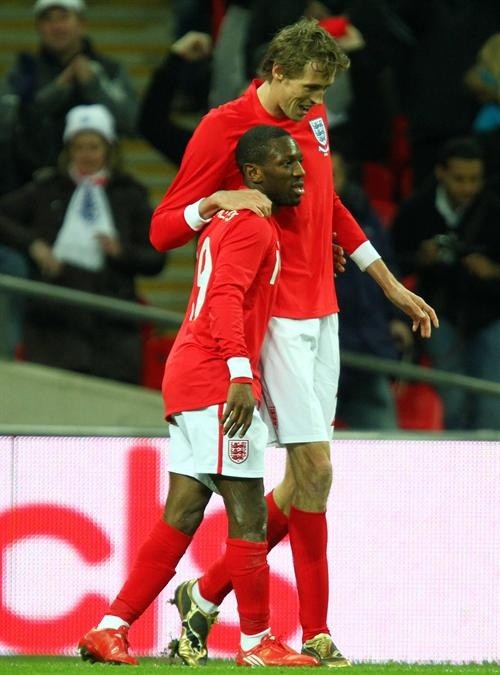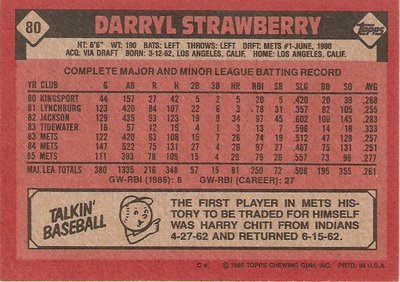For all the talk about soccer being the “world’s game”, not everyone is on board with the no-hands nonsense of kicking and heading. There are nearly 7 billion people walking around this ball of dust we call Earth; simple logic tells us that millions, perhaps billions, of those free-thinking individuals have no interest in the “beautiful game.”
Some of those millions might even – gasp – hate soccer. In the United States alone, the game is the subject of belittlement and derision the likes of which charge right past the boundaries of good taste without a thought for how popular soccer is almost everywhere else. And no, it’s not just an attempt to cover up the fact that Americans suck at soccer.
With that many people turning their nose up at soccer, there must be a few things that justify that attitude.
Of course there are. Here are 10.
1. Constant action
Without timeouts and commercial breaks, soccer just rolls on for two 45 minute stretches; this is terribly hard on the fan’s body. Sure, soccer fans get enjoy their game essentially non-stop for two hours while baseball fans are subjected to start-stop for three or more, but what’s a sporting event without advertisements?
The game moves quickly enough that if one looks away for a moment, something might be missed – staying rapt that long is just asking for a grease fire or eye strain.
2. Low scoring

3. Two hours, that’s all
As mentioned in item one, a soccer match is constant action packed into two hour parcels. One could practically set a watch to it; digitally recording a game is a such a snap, it mocks the very existence of the “add additional time” option. Watching sports, be it in person or on television, is a commitment; if the American sports fan is not prepared to accept that the game will end at an indeterminable moment in the wee hours, then what’s the point?
Simple and elegant two hour sporting events around which one could actually schedule their life without risking personal relationships. Egads.
4. Almost anyone can play

If our sports stars aren’t representative of one percent of the world’s population with regards to physical size, what good are they? How can a game the makes it possible for us to imagine ourselves, or our sons and daughters for that matter, playing the game on the highest level with a bit of luck and the right upbringing be so incredibly popular with people who should rightly be watching games involving men with whom they can’t identify?
5. Long seasons
The European season runs from August to May. The American version goes from March to November. Between the two, there is no off-season; should a fan be interested in only one or the other, the off-season amounts to a month of inactivity, during which international competitions often take place.
Without time to recharge, enjoy the latest reruns of Seinfield or pick up the summer replacements on network TV, the soccer fan is marathon runner of the sports world. Is this healthy?
6. Multiple trophies
Suppose your team just isn’t quite good enough to win the championship. In America, this generally means rooting on a loser to the end, or giving up and waiting for the next season.
In soccer, it just means focus moves from aiming for the championship to hoping for a good “cup run.” Both domestically and against teams from other countries, clubs can shoot for glory in another venue; every nation has a cup tournament apparently, and even the sixth or seventh best team from the year before can end up in a continental competition of some type.
Sports bigamy, this is. Additional hope, the ability to fight on multiple fronts – these things clearly are trouble wrapped in a distracting shiny package.
7. Simplicity
Kick the ball into the goal. It doesn’t get much simpler than that; in fact, without the construct of complicated penalties, downs, penalty boxes and constant substitutions, soccer’s format is maddeningly basic. Equipment is equally as rudimentary: something for the goal and a ball is all that is necessary to play a true game of soccer.
Meanwhile, equipment is the lifeblood of baseball, football, and hockey, particularly if one is hoping to play a game that approximates the real thing. But equipment provides legitimacy; a bunch of guys running around kicking a ball is too damn accessible.
8. Fan culture

Chants and singing are but window dressing for insecure fans intent on proving their passion with every passing minute.
9. No hands
Yes, it seems obvious to bring up this little factoid, but the idea that training oneself to kick a ball rather than to throw and catch it is somehow exciting strains credibility. Using the hands comes naturally to human beings; using the feet requires improvisation and creativity that, while much more impressive, is against the very nature of a creature noted for the dexterity of his hands.
Pick the ball up, will ya? Maybe there would be more scoring that way.
10. Stats, or lack thereof

This is counter to a black and white view of athletes as production; either he’s good or he’s not, and the inability to tell which is which from the back for a trading card smells like a scam. Visual appreciation as the determinate requires actual effort, viewing the game and deciding for ourselves who might be good. Annoying.
This list is just the tip of the proverbial iceberg. The reasons to hate soccer are myriad, undeniably legitimate, and not at all contrived. Even now, around the breadth of the civilized world, people are kicking balls into goals made of everything from space-age plastic polymers to trash bins turned on their sides.
Meanwhile, those that despise the game stare through narrowed eyes at the madness, wondering what the hell is so fun about “the beautiful game” anyway, while not wishing at all that they could join or clinging to their hatred for purely stubborn reasons. Nope, not at all.
Written by Jason Davis, author of Match Fit USA and co-host of the popular podcast American Soccer Show.
Add Sportslens to your Google News Feed!